One might think that finding out what is wrong with their pool is as confusing as an abacus is to Keanu Reeves.
That’s not the case. There are a few simple things you can do to make sure your pool is operating properly and efficiently. Let’s get down to the basics shall we?
Pool equipment: the pump and filter, heater, cleaner, chlorinator and pool light are the main items that come to mind. There are a few other pieces of engineering around a pool, but like pool ladders, they are not too hard to figure out.
In terms of pool equipment that may need troubleshooting, it’s usually the 6 items listed above that cause confusion or a need for in depth troubleshooting.

How to Troubleshoot Pool Equipment
- Define the Problem: This can often take some time, but before you know what to fix, you have to know what is wrong. Often, the problem can be another piece of equipment affecting what is not working. For example, valve settings or damage can affect the pump, filter and heater. A malfunctioning cleaner booster pump or electrical outlet can prevent the pool cleaner from running, or a bad circuit breaker could stop the pool light from working.
- Check the Owner’s Manual: The troubleshooting section can be useful for basic troubleshooting, but I’m often underwhelmed at the depth of information. However, the owner’s manual as a whole is fairly useful, with installation information, operation tips and the schematic diagram, which can all be helpful for a diagnosis.
- Compare the Expanded Schematic: The exploded diagram of your pool equipment can be useful to help you understand how the equipment works. Sort of a leg bone connected to the thigh bone tutorial, it’s a learning tool that shows how all the various pieces connect. There is usually a schematic included in the owner’s manual, product guide or installation manual.
- Ask a Search Engine: Once you have defined your problem, you could pose a question to your favorite search engine, in the form of a question or a statement. Generally a 3-5 word key phrase is best, so try to boil down your problem and use the most relevant keywords, including make and model of the equipment. For example: “Hayward Perflex filter high pressure” or “Pentair Whisperflo pump low flow”.
- Forums: There are a number of good online forums about pool care. PoolForum and TroubleFree Pool and Pool Talk are several that have been around for a long time. They are mostly divided into Chemical, Equipment and Miscellaneous topics, and are searchable by keyword, so you can read previous posts (questions) and responses (answers) made by thousands of pool owners just like you!
- Blogs: Fine blogs such as this one you are reading now exist to help pool owners tackle the challenges to pool ownership. You’ll often see them in the search results when you search online for answers to vexing pool questions. You can search our blog in the header for articles related to your keywords.
- Parts Reviews: I found an answer from parts reviews just a few hours ago. After a few searches on the problem, I began reading reviews on a cleaner part – the Gear Box, and how they were able to make repairs with this part, and fix the particular problem. Remember though, these are reviews of replacement Parts, not the equipment itself. You’ll find reviews for popular parts on Amazon or Google.
- Answer Sites: Many websites have been created with the sole purpose of providing answers to questions, supported by ads, like WikiHow or with small fees like JustAnswer or Fixya, who trades answers for registration information. Their previous answers will often come up in search results, for your use without registration or payment needed.
- How-To Guides: The internet is a big place! Out there you’ll find lots of good How-To information on every topic under the sun. Pools are of course, under the sun, and many manufacturers have put a lot of work into Articles or Guides. Pentair, Hayward, Jandy – they all have videos and tutorials to explain their equipment a little better. Several pool supply retailers (like us!) have very helpful online Guides or Articles.
WATER BALANCE: One of the most important factors to keeping your equipment running smoothly outside of regulation inspection is keeping the pool water balanced. Very low or very high chemical levels can wreak havoc on some sensitive materials used in your pool equipment.

If your water looks good and your chemical levels are balanced, your pump and filter find it easier to do what they need to be doing. Water chemistry levels are the pulse of the pool. Balanced water = happy swimmers and less equipment headaches.
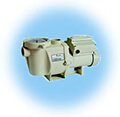
POOL PUMPS: Now let’s take a look at our pump. Yep, that looks like a pool pump all right. But in all seriousness there are several ways of determining whether or not your pool pump is up to par. The clear pump lid makes it easy to see if there are any problems with the water flow. Look for choppy or bubbly water or a low water level in the pump basket. This could be a blockage in the line, or you might need to clean you pump basket or filter. If the water in the pump looks crystal clear – you’re all good.
Is your pump talking to you? Well it shouldn’t be. Listen for screeching or clanking noises can mean the bearings on the motor are starting to go. And just like that trusty old lawnmower you refuse to part with, you might even be able to tell a problem by the smell is gives off. Moving on…
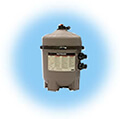
POOL FILTERS: How’s that pool filter doing? Take a look around the filter for any wet spots that might indicate a leak. If your water looks hazy and cloudy, your filter is not doing its job. Fired! You might have to backwash it, there could be a broken lateral letting sand into the water, and if you have a cartridge filter it might be time to clean it.

Have you checked you pressure gauge lately? That’s a great place to start. Make sure the pressure is where it should be, and that the gauge is working. Don’t let a $10 gauge fool you – it will eventually go bad.
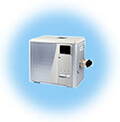
POOL HEATERS: are a lot like your home furnace, except for the fact that it’s constantly in contact with corrosive chemicals. You should be able to hear it fire up smoothly. And just like the pump, if your pool heater sounds like somebody is trapped inside of it, that’s not a good thing.
Many issues with a pool heater not firing have to do with proper water flow. Clean baskets and filters, and inspect any external or internal water bypass assemblies. A smooth blue flame across the burner tray, and no soot or lime clogging up the heat exchanger fins are two things that are good to see.
Pool heater issues could be a simple dirty igniter, or a complicated heat exchanger or burner tray problem. At that point you may have to weigh the heater repair cost vs. buying a new pool heater. Hmmm – hoping your pool heater problems are small and infrequent – now, let’s make our way to the pool cleaner!
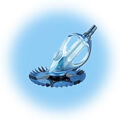
POOL CLEANERS: A pool cleaner can save a lot of work, but they need work too. After you get to know your pool cleaner, you understand it’s behavior, and can quickly tell if it’s stuck, clogged or not covering the entire pool. Pool cleaner problems usually boil down to two things – cleaning and coverage.
Power or suction issues can usually be traced to the water supply, or a problem in the pool cleaner hose. Coverage issues can also be power related, or could be a problem in the parts that make contact with your pool surfaces.
In summary then – the best pool equipment troubleshooting techniques tend to be your eyes and ears, and sometimes smell and touch are the right tools for the job.
Use all of your senses, and the knowledge of normal behavior, and even Keanu Reeves could fix his own pool equipment. But then, why would he?
If you determine that you need pool parts, check out our easy to use PartsFinder Utility. And if the solution to your pool problem continues to evade you, give our helpful pool support personnel a call – we can help!

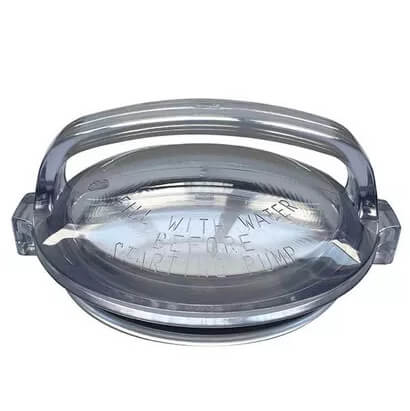
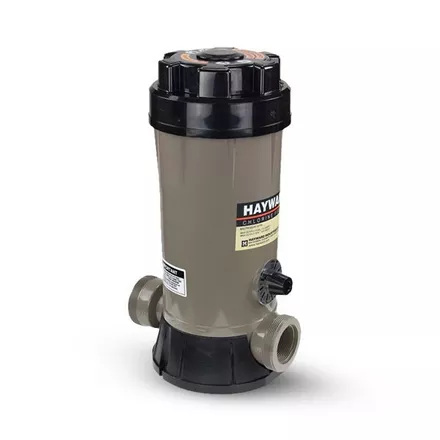
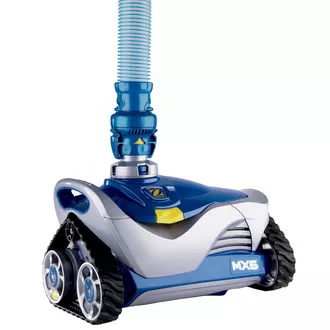
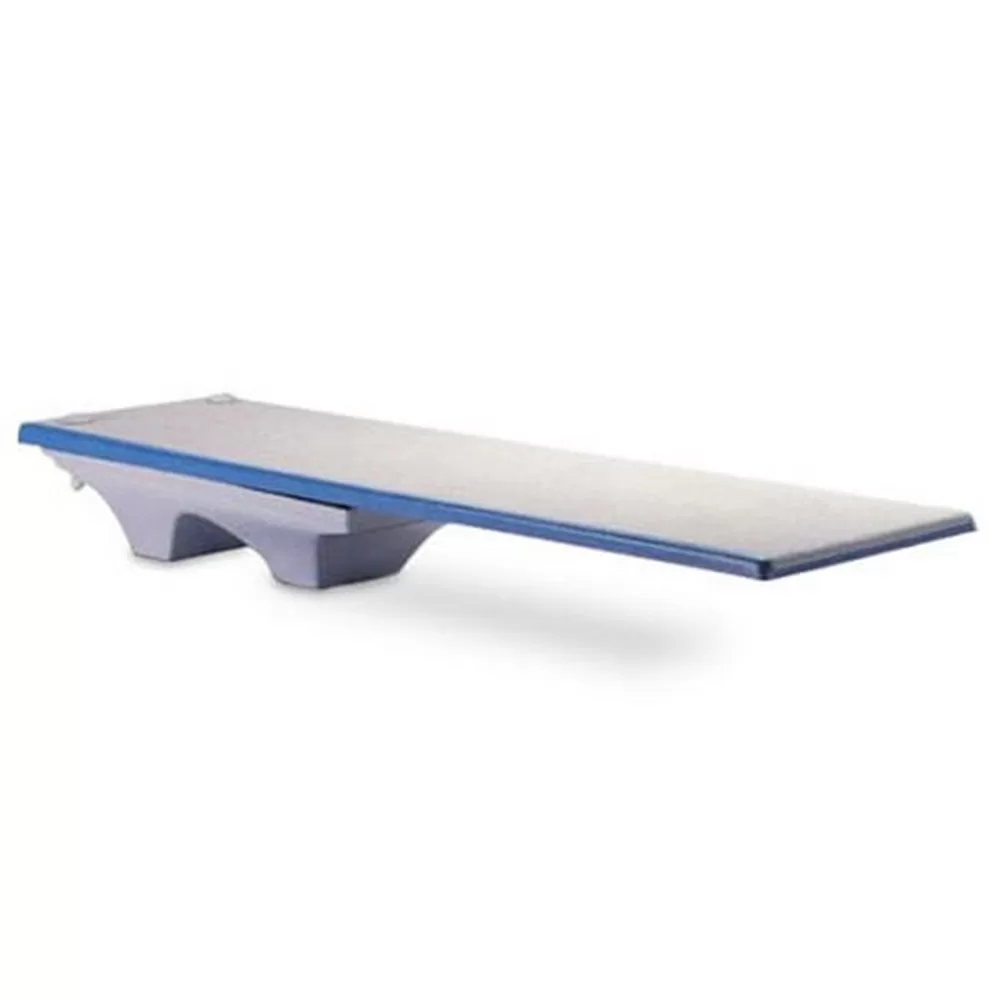
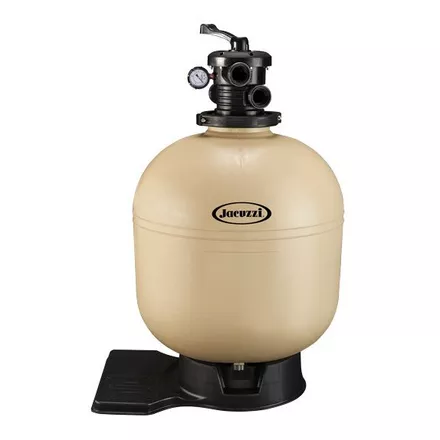
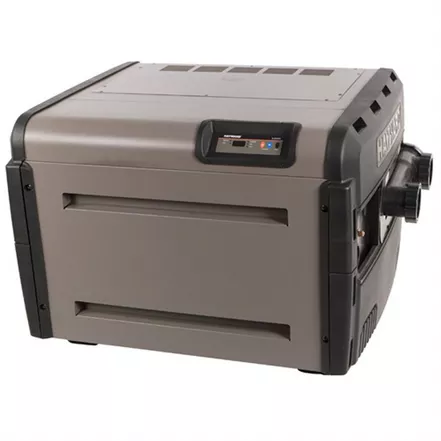
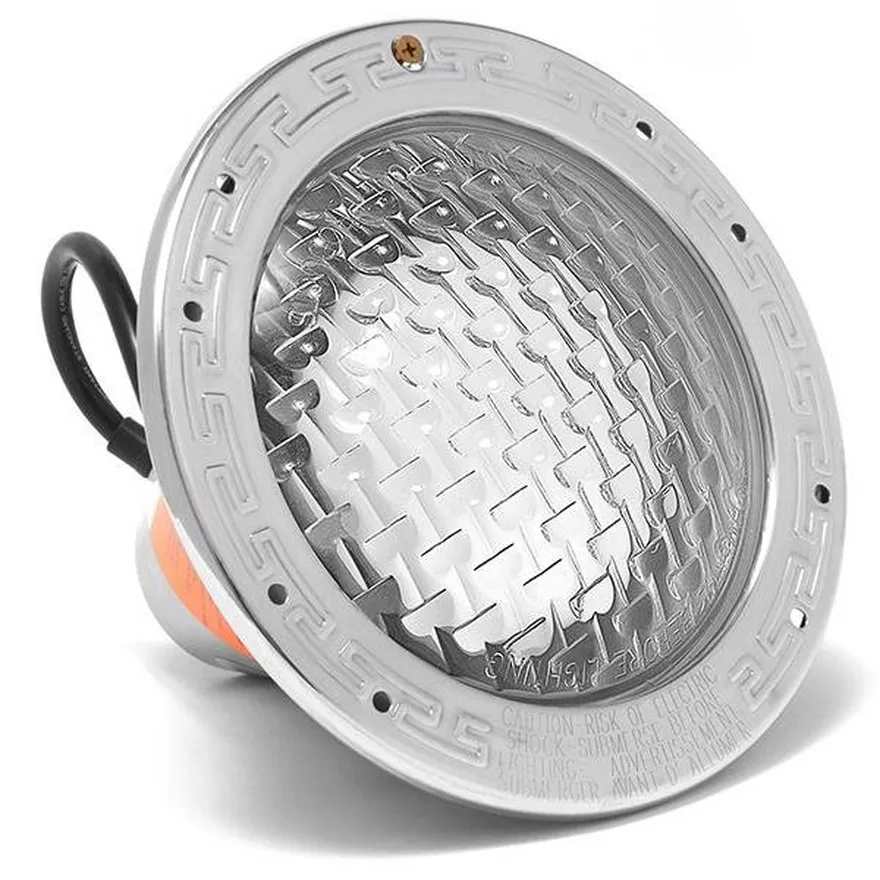
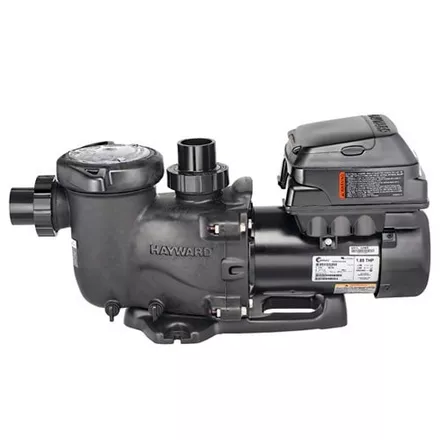
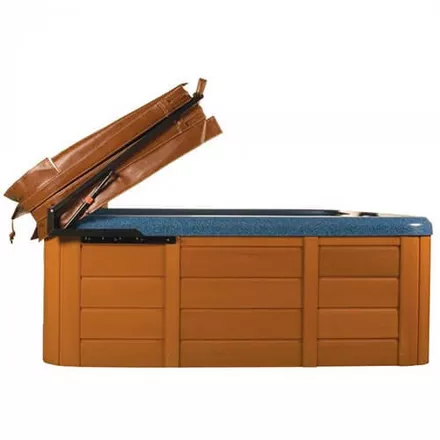
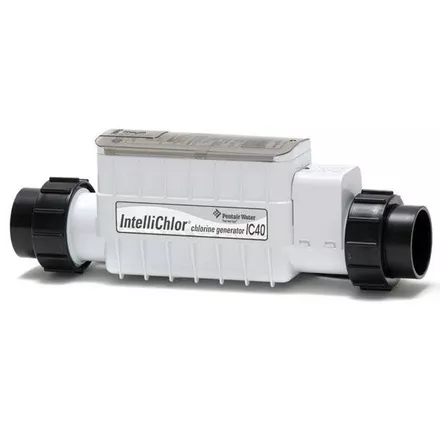
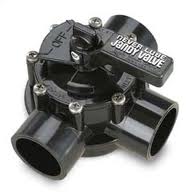
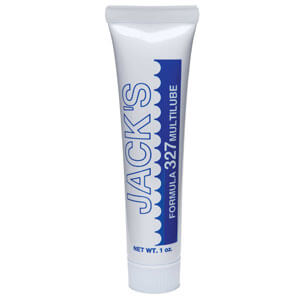
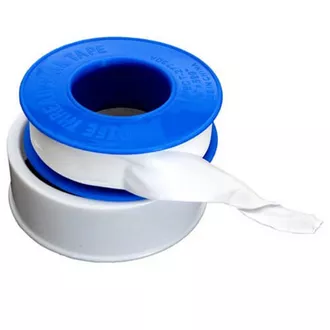
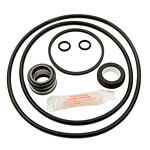
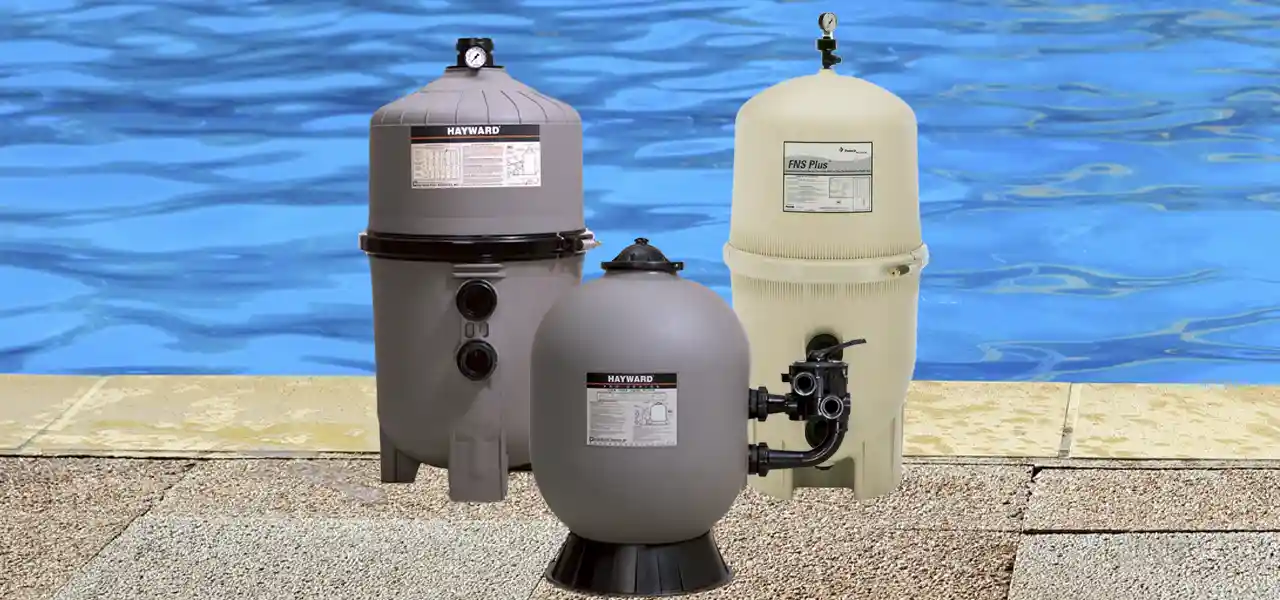
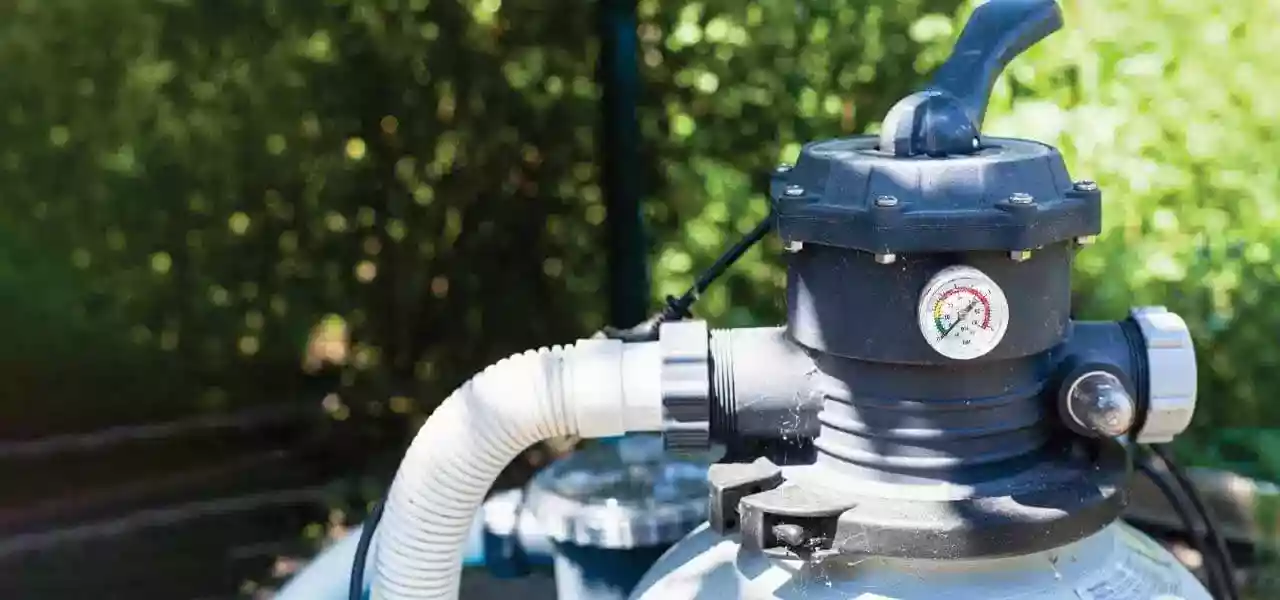
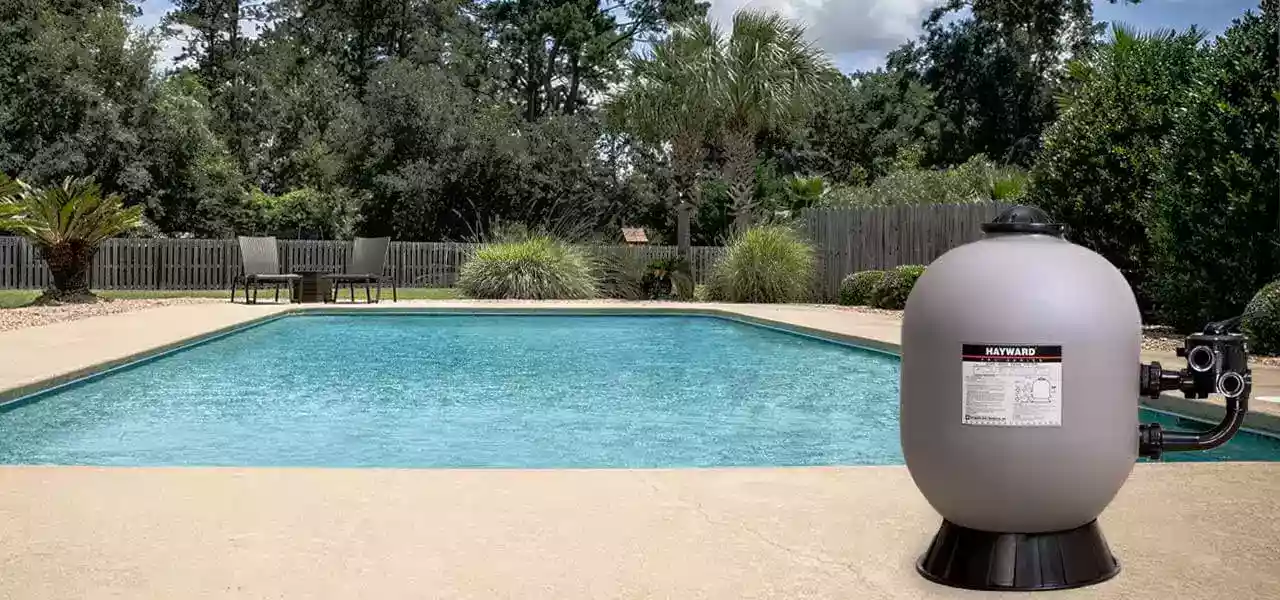
[…] this problem. It collects all the smaller particles over the span of the pool. Turn to the In the Swim blog for more troubleshooting help with common pool […]